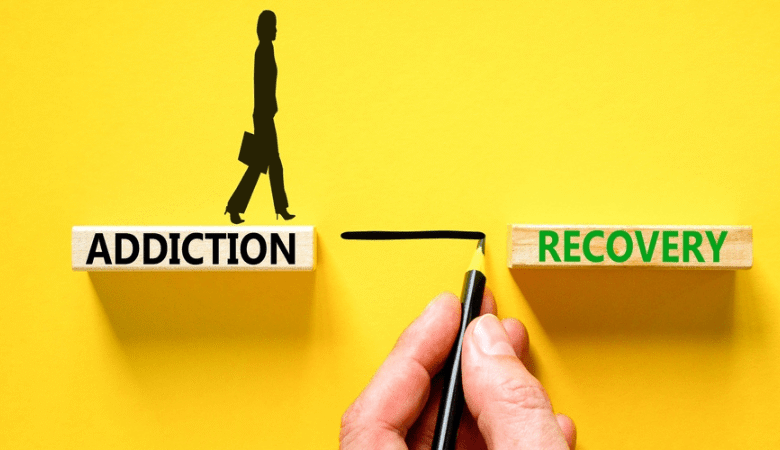What to expect in the first few weeks

Getting help with addiction can be a rather daunting task. Firstly, there’s the big step of accepting you have a problem and need help. That in itself is a battle and one that deserves enormous credit for conquering.
But then there’s the getting help and going through the treatment and recovery process, which in the case of the latter never ends. The first few weeks can be especially challenging and it’s where support from alcohol rehab recovery can be essentially, helping set you up for the best possible chance of success.
Knowing what to expect can also ensure that you’re fully prepared for what’s to come and, as a result, start to plan for all eventualities and ensure you’re not going in blind, which can heighten the chance of relapse.
The first few weeks are really important in a person’s recovery, and here’s exactly what you should expect during that time…
Physical Withdrawal and Early Health Changes
For anyone stopping the use of substances, be it alcohol, drugs, or even behaviours like gambling, physical withdrawal is usually the first hurdle. Depending on the substance, withdrawal symptoms can range from mild discomfort to serious health risks. These symptoms often include shaking, sweating, nausea, insomnia, anxiety, and mood swings. In some cases, especially with alcohol and certain drugs, medical supervision is necessary to ensure safety during detoxification.
At the same time, many people in early recovery begin to notice small but positive physical changes. Sleep may gradually improve, skin might look healthier, and energy levels can start to rise. These benefits often act as early encouragement to stay on the recovery path.
Emotional Rollercoaster
The first few weeks of recovery are often marked by emotional highs and lows. Without substances to numb feelings, emotions that have been suppressed for months or years can resurface quite suddenly. Feelings of sadness, guilt, anger, or even elation can all appear without warning.
This emotional turbulence is a normal part of the process. Many people describe it as an “emotional rollercoaster.” While this can feel overwhelming, it’s important to remember that these feelings will stabilise with time. Support from counsellors, peers, or support groups can be especially helpful during this period.
Cravings and Triggers
Another common feature of early recovery is the experience of cravings and encountering triggers. Cravings are intense urges to return to old habits and can be both physical and psychological. Triggers, such as certain places, people, or feelings, can set off these cravings unexpectedly.
Managing cravings is a skill that takes practice. Techniques like mindfulness, distraction methods, or simply talking things through with a supportive person can make a big difference. Many people also find that structured recovery programmes offer useful strategies for handling these situations.
Building a New Routine
One of the major lifestyle changes in recovery is establishing a new daily routine. Substance use often takes up a large part of a person’s day, so removing it leaves behind a significant gap. Filling that time with healthy, structured activities is essential.
This might include attending support group meetings, engaging in physical exercise, learning new skills, or reconnecting with hobbies that were neglected. Having a routine not only helps to prevent boredom – a common trigger for relapse – but also creates a sense of purpose and achievement.
Relationships and Social Dynamics
In the early weeks of recovery, relationships can feel particularly sensitive. Friends or family members may be unsure how to act, while the person in recovery may feel vulnerable or misunderstood. It’s not uncommon to experience tension or even loss of some social connections, especially if those connections were centred around addictive behaviour.
Building new, supportive relationships takes time, but it is a key part of long-term recovery. Many people find that joining recovery communities, either in person or online, offers both social support and a sense of belonging.
Looking Ahead: Small Steps, Big Progress
Perhaps the most important thing to remember is that recovery is a gradual process. The first few weeks are often the hardest, but they also lay the foundation for long-term success. Progress might feel slow at times, but every small step counts.
Setting realistic goals, practising self-compassion, and seeking support are all vital. While there will be challenges, there are also countless opportunities for growth, healing, and building a fulfilling life free from addiction.
In short, life in addiction recovery during those initial weeks is a mixture of physical, emotional, and social adjustments. With patience and perseverance, it becomes not just about surviving without substances, but about learning how to truly live again.





